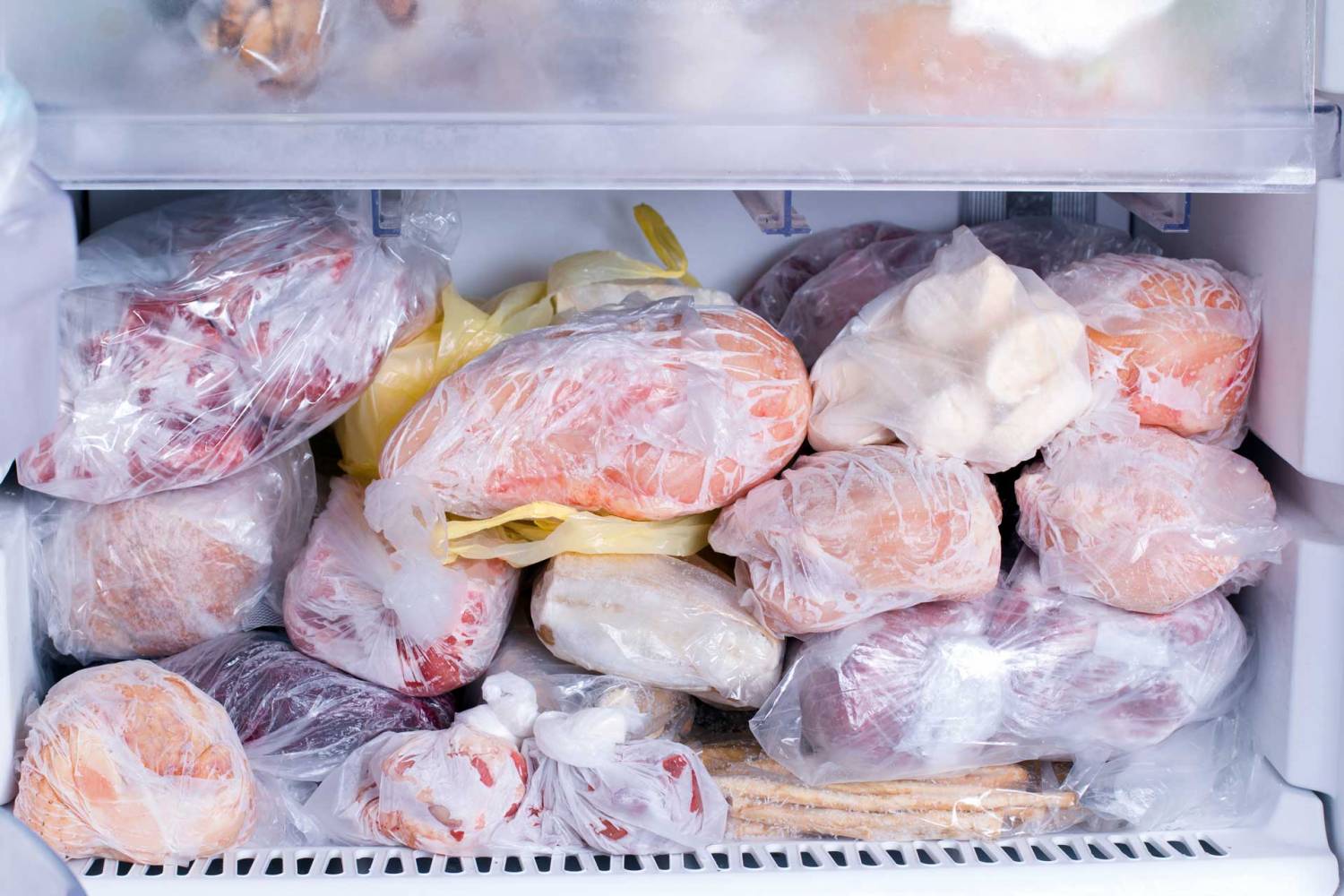Where and How to Wire a Freezer
If you’re looking for extra food storage, a chest freezer is a convenient and useful option. Whether you choose a chest model or an upright style, you’ll find yourself using this extra storage all the time. Before you install one, consider the best places to keep it and whether your home is properly wired for it.
Reasons to Use a Chest Freezer
A chest freezer can make your life easier in a number of ways.
Expand your storage. If you’re always running out of space in your refrigerator or freezer, use a chest freezer to hold all of your extras. These roomy appliances are a great place to keep extra food and beverages for parties and unexpected guests.
Store bulk food safely. Many people find that they can save a lot of money by buying food in bulk. Other people want to get into “cooking for a month,” where they plan out meals well in advance and freeze them. The problem is figuring out where to store all that food. With a chest freezer, you won’t run out of room to store bulk food or pre-made meals.
Keep your catch. If you hunt or fish, or if you have a friend who does, you may often find yourself needing a place to store that extra meat or fish. An extra freezer definitely comes in handy in this situation.
Where to Place Your Freezer
You should install your freezer in a cool, dry room. The basement is a natural spot for a freezer because it tends to be cooler than other rooms. Some people choose to place it in the garage, where there is more room and it’s easy to get to, but you’d have to be sure that your garage doesn’t get too warm in the summer.
If you’re using the chest freezer as your main freezer compartment, it’s a good idea to keep it close to the kitchen. In that case, you might consider getting an upright freezer as it will take up less floor space and blend in better with your kitchen appliances.
Another thing to remember is that the freezer door needs room to open. Make sure you don’t place it in a corner alcove or a room with a low ceiling. Don’t forget that you’ll also need room to stand over the freezer and reach into it.
Wiring and Electrical Considerations
When it comes to wiring for your new freezer, the first thing you’ll need to determine is its voltage.
- A 110-volt freezer will need 12×2 electrical wiring and a 110-volt outlet.
- A 220-volt freezer needs 12×3 wiring and a 220-volt outlet.
- A 110-volt freezer can run on a 15 or 20 amp breaker, but a 220-volt one requires a 30-amp breaker.
Some people remove the GFCI (ground fault circuit interrupter) from a freezer to prevent faulty GFCI trips that could spoil your food. Some local electrical codes allow this if the outlet is in a safe location. Your best and safest option is to discuss this with a qualified electrician who can advise you on the safety and code concerns.
Count on SESCOS
When it’s time to install your new freezer, contact SESCOS for our award-winning installation and service. We’ll make sure your wiring is safe, correct and ready to power up your new freezer. Contact us for all your electrical needs.
